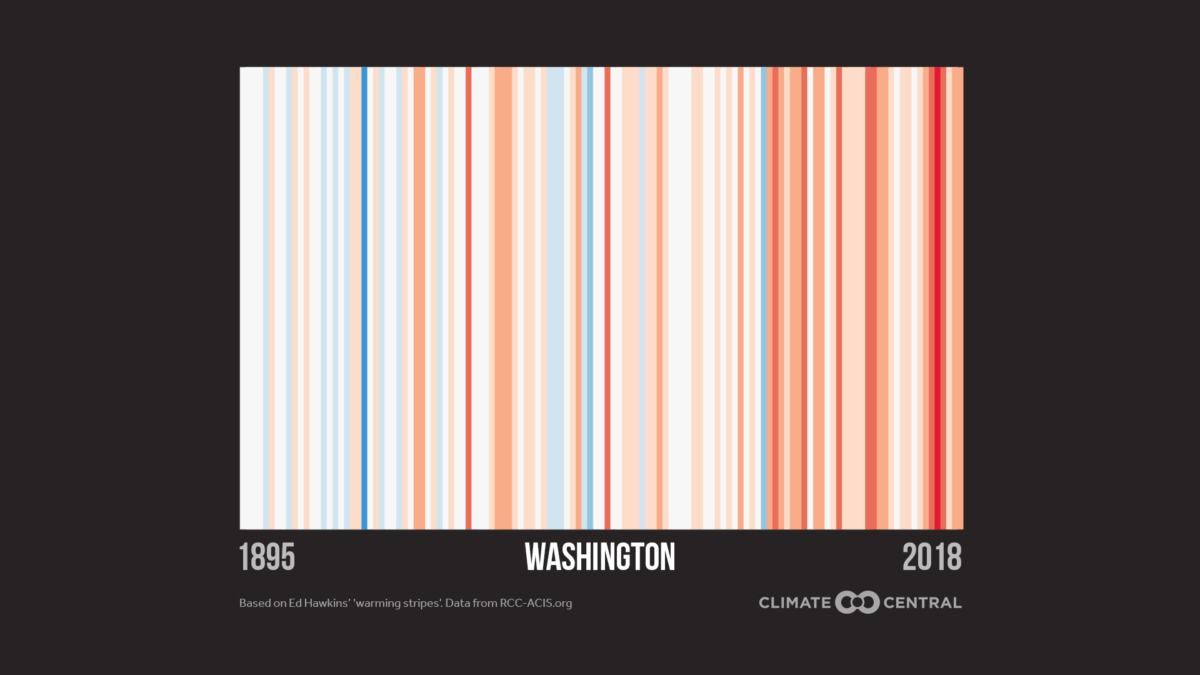James M. Inhofe, Senator who denied climate change, dies at 89

By Robert D. McFadden
9 July 2024
(The New York Times) – James M. Inhofe, a five-term Republican senator from Oklahoma and, until President Donald J. Trump’s arrival in 2017, arguably Washington’s most prominent denier of the established science of human-generated climate change, died on Tuesday. He was 89.
His family announced his death in a statement, which said the cause was a stroke, according to The Tulsa World. There was no information on where he died.
The son of an insurance executive, Mr. Inhofe (pronounced IN-hoff) was a tenacious, litigious Tulsa businessman in his 20s and early 30s, who, like Mr. Trump, made and lost fortunes as he ventured into ambitious insurance, real estate and land development deals that overlapped with the start of his political career a half-century ago.
After a decade in Oklahoma’s Legislature (1967-77), during which he lost races for governor and a seat in Congress, Mr. Inhofe became a three-term mayor of Tulsa (1978-84), before serving seven years in the House of Representatives (1987-94) and winning his Senate seat in a special election. After two years as a replacement, he was re-elected four times, in 1996, 2002, 2008, 2014 and 2020. He decided to step down two years into his fifth full term and retired in early January 2023.
Sometimes called Capitol Hill’s most conservative politician, Mr. Inhofe opposed abortion, L.G.B.T.Q. rights, health care legislation and campaign-finance reforms while supporting the death penalty, gun rights, counterterrorism powers, offshore oil drilling and constitutional amendments to require balanced budgets and ban flag desecration. His voting record got overwhelming positive ratings from right-wing groups like Freedom Works, and overwhelmingly negative ratings from the American Civil Liberties Union and the N.A.A.C.P.
He was criticized for voting against federal disaster-relief funding after hurricanes hit the Gulf and Atlantic Coasts, but he voted for federal relief for victims of tornadoes and other disasters in his home state. He consistently favored smaller government and a strong national defense.
It was in a Senate speech in 2003 that Mr. Inhofe first formally attacked a growing body of scientific evidence on global warming. After that, he became the capital’s most vociferous denier of climate change, repeatedly calling it a hoax perpetrated by environmentalists, their liberal allies in the news media and “extremists who simply don’t like capitalism, free markets and freedom.”

Mr. Inhofe furthered that position in a book, The Greatest Hoax: How the Global Warming Conspiracy Threatens Your Future (2012), which offered political and economic arguments but little in the way of substantive scientific rebuttals to climate change.
“God’s still up there,” he said at one point, and the “arrogance of people to think that we, human beings, would be able to change what He is doing in the climate is to me outrageous.”
In one widely publicized episode, complete with a photograph, Mr. Inhofe tossed a snowball to a colleague in the Senate on a cold February day in 2015, saying it served as evidence that the earth could not be warming dangerously. President Barack Obama made a point of mocking the stunt.
Mining, oil, gas, coal, and utility interests were generous contributors to Mr. Inhofe’s Senate campaigns. As chairman or as the ranking Republican member of the Senate Environment and Public Works Committee for many years, he spoke often against a growing scientific consensus that humans were fostering climate change by burning fossil fuels.
For much of that time, particularly during the Obama years, Mr. Inhofe denounced the Environmental Protection Agency as an “activist organization” that unfairly burdened businesses with regulations. When Republicans regained control of the Senate after the 2014 elections, he became chairman of the Environment Committee, and he did not let up on his attacks. He called the E.P.A. “a Gestapo bureaucracy,” opened investigations and called for cuts in E.P.A. funding.

With Mr. Trump’s election in 2016, Mr. Inhofe’s status in Washington was significantly upgraded.
Although term-limits barred his continuation as chairman of the Environment Committee in 2017, Mr. Inhofe’s influence on the Trump environmental agenda soon became evident. Scott Pruitt, an Inhofe protégé who as Oklahoma’s attorney general had built his career on suing the Obama administration over environmental regulations, was nominated for E.P.A. administrator. Mr. Inhofe gave him a glowing introduction in the Senate, which confirmed his appointment, 52-46.
Many of Mr. Inhofe’s former staff members were soon working at the White House and in the leadership of the E.P.A. Under Mr. Pruitt, much of Mr. Trump’s environmental agenda, like undoing the agency’s clean air and water rules and pulling out of the Paris climate-change accord, was taken from Mr. Inhofe’s playbook on Capitol Hill. Mr. Pruitt seemed to be dismantling the agency he headed.
As news reports challenged Mr. Pruitt’s ethics, including taxpayer-paid first-class air travel and purchase of a $43,000 secure office phone booth, Mr. Inhofe did not defend him. But behind the scenes, he pushed for Mr. Pruitt’s deputy, Andrew Wheeler, a former coal lobbyist and Mr. Inhofe’s former chief counsel, to succeed him. When Mr. Pruitt resigned, Mr. Wheeler was named acting E.P.A. administrator and was later nominated by Mr. Trump to be the permanent administrator. The Senate confirmed him. [more]
James M. Inhofe, Senator Who Denied Climate Change, Dies at 89

